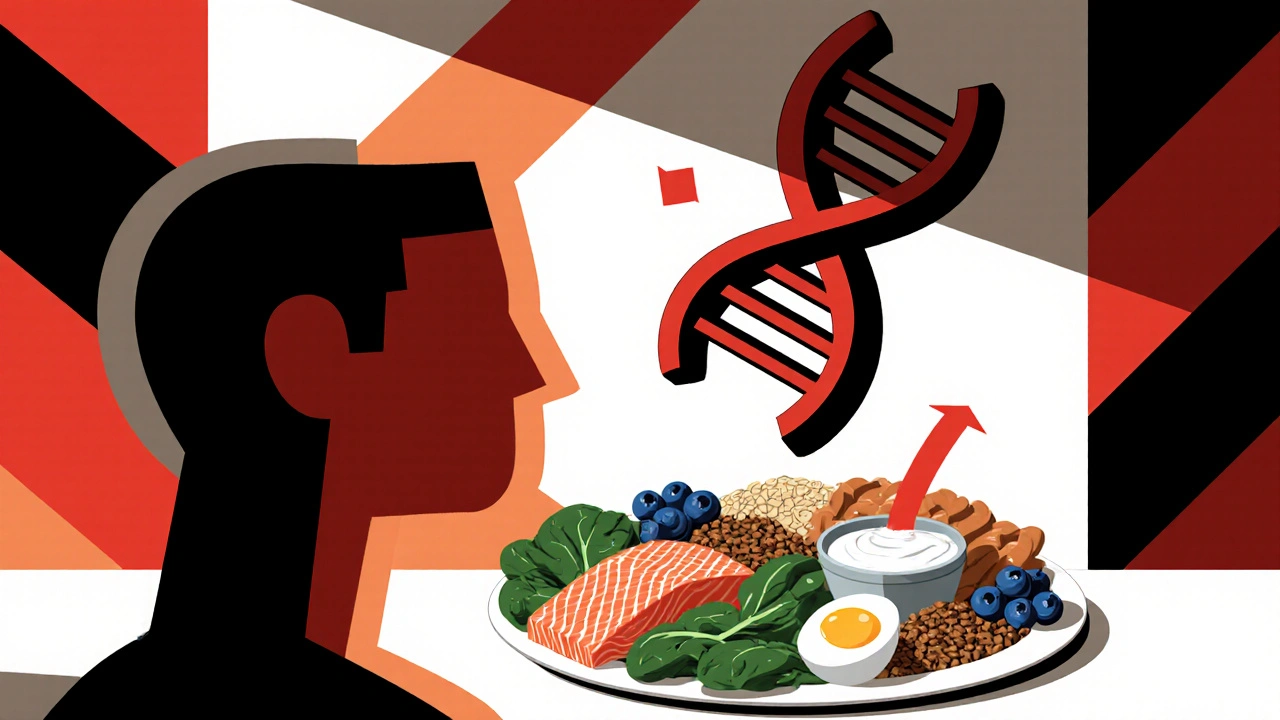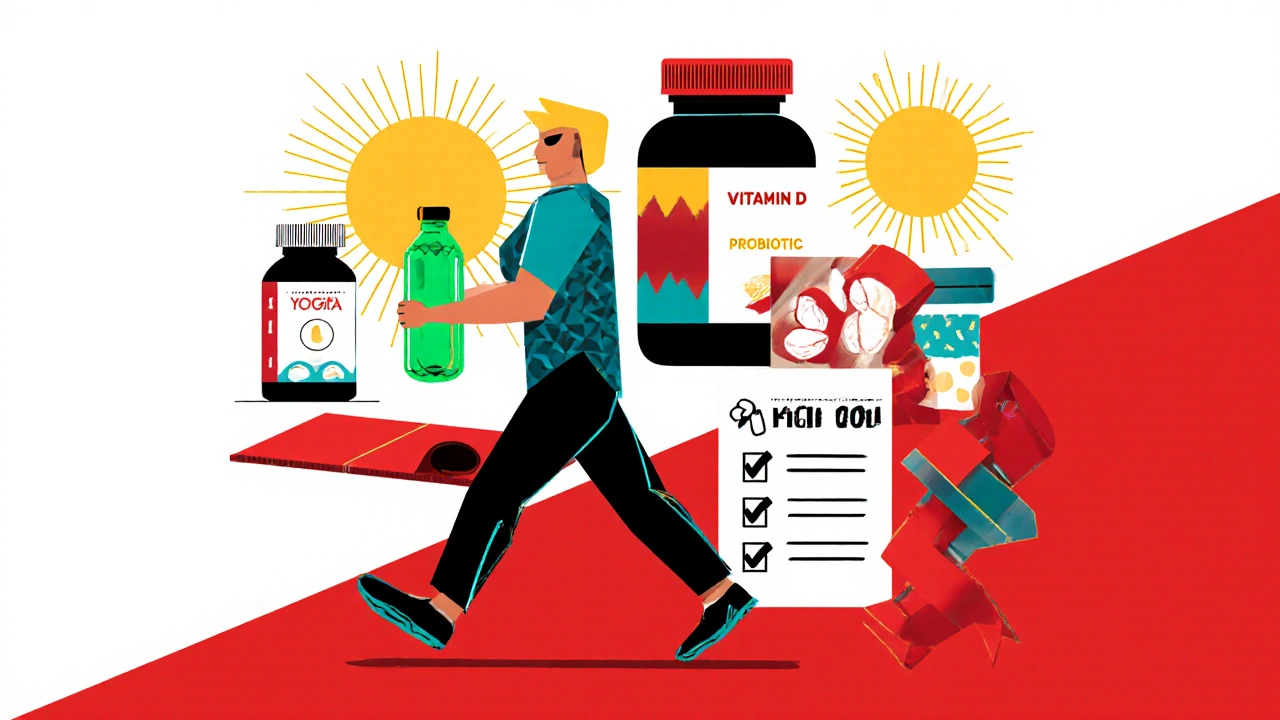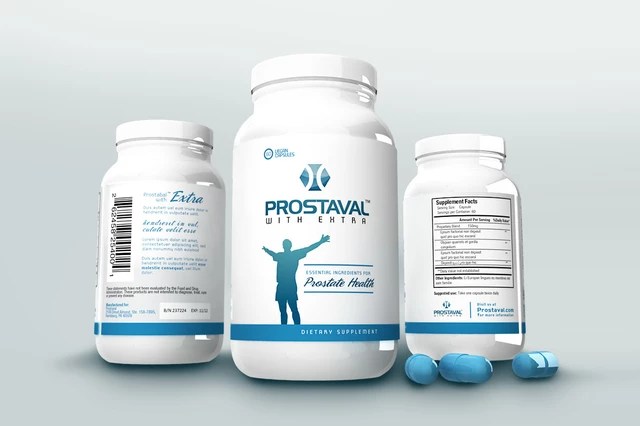
Nutrition Calculator for Leukemia Patients
Personalized Nutrition Calculator
Calculate your daily protein and key nutrient requirements based on your body weight and treatment needs.
Your Personalized Nutrition Plan
Living with Chromosome-Positive Lymphoblastic Leukemia is tough, but the food you put on your plate can help you feel stronger and cope with treatment side‑effects. This guide breaks down the science, offers practical meal ideas, and warns against common diet pitfalls so you can take charge of your health.
What Makes Chromosome-Positive Lymphoblastic Leukemia Different?
Chromosome‑positive lymphoblastic leukemia is a subtype of acute lymphoblastic leukemia (ALL) that carries an extra genetic marker-most often the Philadelphia chromosome (t(9;22)) or other rearrangements that create the BCR‑ABL1 fusion gene. These genetic changes drive faster cell growth and can affect how the body responds to chemotherapy and targeted therapies such as tyrosine‑kinase inhibitors (TKIs).
Because the disease alters blood cell production, patients often face anemia, low platelet counts, and reduced immunity. These blood‑related issues make nutrition a critical ally: the right nutrients support red‑cell production, help maintain a healthy immune response, and can reduce inflammation caused by both the disease and its treatments.
Why Nutrition Plays a Key Role
During intensive chemotherapy or TKI therapy, the body’s demand for specific vitamins and minerals spikes. For example, vitamin D and calcium become essential for bone health when steroids are part of the regimen. Protein needs rise to repair tissue damage from chemotherapy, while antioxidants like vitamin C and selenium can counteract oxidative stress.
Evidence from recent clinical nutrition studies (2023‑2024) shows that leukemia patients who maintain adequate protein intake experience fewer infections and recover blood counts faster. In short, a well‑planned diet isn’t a luxury-it’s part of the therapeutic arsenal.
Core Nutritional Principles for Managing the Disease
- Prioritize high‑quality protein: lean meats, poultry, fish, eggs, dairy, legumes, and tofu provide the amino acids needed for tissue repair.
- Maintain steady energy with complex carbohydrates: whole grains, starchy vegetables, and fruits keep blood sugar stable, which is especially important if steroids raise glucose levels.
- Boost immune‑supporting micronutrients: vitamin D, zinc, selenium, and vitamin C are vital for white‑blood‑cell function.
- Stay hydrated: aim for at least 2‑3 L of fluid daily, adjusting for fevers or vomiting.
- Limit foods that can aggravate side‑effects: very fatty, spicy, or heavily processed items may worsen nausea or mouth sores.
Foods to Include Every Day
Below is a quick checklist of nutrient‑dense foods that hit the targets mentioned above.
- Salmon - rich in omega‑3 fatty acids and vitamin D.
- Spinach - provides iron, folate, and antioxidants.
- Greek yogurt - high‑protein, calcium, and probiotic cultures.
- Quinoa - complete protein source with fiber and magnesium.
- Blueberries - packed with vitamin C and anthocyanins.
- Eggs - versatile, easy‑to‑digest protein with choline for brain health.
- Lentils - plant‑based protein, iron, and folic acid.
Foods to Limit or Avoid
Some foods can worsen treatment‑related problems.
- Highly processed meats (bacon, hot dogs) - high in nitrites and may increase inflammation.
- Excessive sugary drinks - can spike blood glucose, especially when steroids are used.
- Very spicy or acidic foods - may irritate mouth sores.
- Alcohol - can interfere with liver metabolism of chemotherapy drugs.
Key Nutrients & Daily Targets
| Nutrient | Recommended Amount | Key Food Sources |
|---|---|---|
| Protein | 1.2-1.5 g/kg body weight | Chicken, fish, eggs, Greek yogurt, lentils |
| Vitamin D | 800-1000 IU | Salmon, fortified milk, sunlight exposure |
| Calcium | 1000-1300 mg | Dairy, fortified plant milks, leafy greens |
| Iron | 18 mg (women), 8 mg (men) | Spinach, red meat, lentils, fortified cereals |
| Zinc | 11 mg (men), 8 mg (women) | Shellfish, pumpkin seeds, chickpeas |
| Omega‑3 (EPA/DHA) | 250-500 mg | Fatty fish, flaxseed oil, walnuts |
| Vitamin C | 90 mg (men), 75 mg (women) | Citrus fruits, strawberries, bell peppers |
Sample One‑Day Meal Plan
- Breakfast: Greek yogurt parfait with blueberries, a sprinkle of chia seeds, and a drizzle of honey; a slice of whole‑grain toast topped with avocado.
- Mid‑morning snack: A hard‑boiled egg and an apple.
- Lunch: Grilled salmon salad with spinach, quinoa, cherry tomatoes, and a lemon‑olive‑oil dressing.
- Afternoon snack: Carrot sticks with hummus.
- Dinner: Baked chicken breast, roasted sweet potatoes, and steamed broccoli; a glass of fortified soy milk.
- Evening snack (if needed): Warm milk with a pinch of cinnamon.
This plan balances protein, complex carbs, and micronutrients while staying gentle on the stomach.

Supplements: When and How to Use Them
Supplements can fill gaps, but they must be chosen wisely.
- Vitamin D: Many patients are deficient, especially in winter. A daily 800‑1000 IU supplement is safe under physician guidance.
- Probiotics: Helpful if antibiotics are part of the regimen. Look for strains like Lactobacillus rhamnosus GG.
- Iron: Only if blood tests confirm deficiency; excess iron can promote bacterial growth.
- Fish oil: Provides EPA/DHA; a 1 g capsule daily supports heart health and may reduce inflammation.
Never start a new supplement without checking with your oncology team, as some can interfere with chemotherapy metabolism.
Lifestyle Tips That Complement Nutrition
- Aim for 30 minutes of light activity (walking, gentle yoga) most days-exercise improves appetite and muscle retention.
- Practice oral hygiene frequently; mouth sores can make eating painful.
- Keep a food diary; tracking intake helps you spot patterns and discuss them with your dietitian.
- Manage stress through mindfulness or breathing exercises-stress can affect digestion and nutrient absorption.
Quick Reference Checklist
- Consume 1.2-1.5 g protein per kg body weight daily.
- Include at least two servings of fatty fish or fortified dairy each week.
- Take a vitamin D supplement if blood levels <30 ng/mL.
- Stay hydrated-2‑3 L of fluid unless advised otherwise.
- Limit processed meats and sugary drinks.
Frequently Asked Questions
Can a specific diet cure chromosome‑positive lymphoblastic leukemia?
No. Nutrition supports overall health and can lessen treatment side‑effects, but it does not replace chemotherapy, TKIs, or stem‑cell transplantation, which are the curative approaches.
Is it safe to eat raw fish during neutropenia?
During periods of low white‑blood‑cell count, raw or undercooked seafood can carry harmful bacteria. Choose cooked fish or pasteurized sushi alternatives until counts recover.
How much protein should I aim for if I’m 70 kg?
At 1.2-1.5 g/kg, that’s roughly 84-105 g of protein daily, spread across meals and snacks.
Should I avoid all dairy because of lactose intolerance?
If you’re lactose‑intolerant, choose lactose‑free milk, fortified soy or almond milks, and hard cheeses that have low lactose. Calcium is still essential.
Do antioxidants interfere with chemotherapy?
High‑dose antioxidant supplements (e.g., mega‑doses of vitamin C) may reduce the effectiveness of some chemo agents. Natural food sources are safe; supplements should only be taken under medical advice.









15 Comments
While navigating the metabolic demands of chromosome‑positive lymphoblastic leukemia, it is critical to appreciate the interplay between oncogenic signaling pathways and nutrient‑sensing mechanisms. The BCR‑ABL1 fusion protein hyper‑activates the PI3K‑Akt axis, which in turn modulates glucose uptake and amino acid transport. Consequently, patients often exhibit altered insulin sensitivity, making glycemic control a cornerstone of supportive care. Protein catabolism is accelerated, leading to muscle wasting if dietary protein is not meticulously calibrated. High‑quality whey or plant‑based proteins provide essential branched‑chain amino acids that stimulate mTORC1, promoting anabolic processes despite chemotherapeutic stress. Vitamin D status influences calcium homeostasis, and deficiency can exacerbate steroid‑induced osteopenia, a common complication in this cohort. Moreover, the antioxidant capacity of glutathione is frequently depleted by reactive oxygen species generated during targeted therapy, underscoring the value of selenium‑rich foods. Omega‑3 fatty acids, particularly EPA and DHA, possess anti‑inflammatory properties that may attenuate cytokine storms associated with TKI therapy. Adequate hydration facilitates renal clearance of drug metabolites, reducing nephrotoxicity risk. The gut microbiome also plays a non‑negligible role; dysbiosis can impair nutrient absorption and increase infection susceptibility. Incorporating probiotic‑laden fermented foods can restore microbial balance, enhancing immune resilience. Micronutrients such as zinc and iron must be monitored closely, as both deficiency and excess can perturb hematopoiesis. Iron overload, for instance, may propagate oxidative damage, while iron deficiency hampers erythropoiesis, worsening anemia. Regular laboratory assessments guide individualized supplementation, preventing iatrogenic complications. Ultimately, a multidisciplinary approach involving oncologists, dietitians, and physiotherapists ensures that nutritional strategies are seamlessly integrated into the therapeutic regimen.
By adhering to these evidence‑based principles, patients can mitigate treatment‑related toxicities, preserve lean body mass, and potentially improve overall survival outcomes.
Great breakdown! Just wanted to add that sometimes the taste of protein shakes can be a bit off, especially when you're dealing with mouth sores. I found that mixing whey with a banana and a splash of honey makes it more palatable. Also, try sipping on ginger tea – it can calm nausea a little. Remember to keep a food diary; it helps you spot patterns early and discuss them with your dietitian. Stay strong, you got this!
The guide is solid, but let me stress a point: protein intake must be calculated precisely. Aim for 1.3 g per kilogram of body weight each day, split across meals. Avoid processed meats; they add unwanted nitrites that can fuel inflammation. Stick to whole‑food sources and keep carbs complex to avoid spikes.
It’s amazing how small dietary tweaks can shift your energy levels. Even a short walk after a light snack can improve appetite.
Allow me to illuminate the profound moral responsibility we bear when confronting such a brutal disease. To merely subsist on bland, nutritionally bankrupt fare is a betrayal of our own bodies, the very vessels that endure relentless chemotherapy and targeted assaults. One must elevate the act of eating to an art form, a sanctified ritual that honors the delicate equilibrium of cellular function. The inclusion of oily fish, rich in omega‑3s, is not a garnish but a necessity, an ethical imperative to quell the fire of inflammation that threatens to consume the soul of the patient. Likewise, the deliberate avoidance of processed sugars is a declaration of defiance against the insidious rise of hyper‑glycemia that steroids so readily provoke. The ritualistic preparation of quinoa, painstakingly rinsed to discard its bitter saponins, becomes a meditation on purification and resilience. Employing fermented yogurts, teeming with probiotic guardians, is a noble act of fortifying the compromised gut barrier, lest opportunistic pathogens breach the fortress of the weakened immune system. The consumption of verdant spinach, laden with iron and folate, is a testament to the reverence we must hold for hemoglobin production, the very carrier of oxygen that sustains life. Moreover, the abstinence from alcohol is not an arbitrary rule; it is a moral stand against hepatic overload that jeopardizes drug metabolism, a sacrilege against the very treatments designed to heal. The very act of hydrating, sipping pure water through the day, becomes a covenant with one’s kidneys, a pledge to maintain detoxification pathways. Each meal, meticulously balanced, reflects a profound respect for the body’s intricate architecture. To neglect these principles is to court disaster, to invite the specter of accelerated frailty. Thus, we must embrace these nutritional commandments with zeal, for they are the silent allies in the grand battle against a merciless malignancy.
Hey folks! 🌟 I love the focus on omega‑3s – they’re like tiny superheroes for our cells. Have you tried adding ground flaxseed to your morning oatmeal? It’s a gentle way to boost DHA without the fishy taste. Also, staying hydrated with infused water (cucumber, mint) makes the 2‑3 L goal feel refreshing. Keep experimenting, and let’s share our snack hacks! 😊
Very helpful info! I’ve found that a simple Greek yogurt with a drizzle of honey works wonders for sore mouths. It’s easy to prepare and gives you protein and probiotics in one bite.
Awesome guide!
While the recommendations are solid, I must warn you that simply following a list won’t erase the harsh reality of treatment. The body rebels, the palate mutinies, and you’re left fighting on two fronts.
Nutrition modulates pharmacokinetics; suboptimal intake can alter drug clearance and efficacy.
Precisely. Maintaining adequate protein mitigates sarcopenia during cytotoxic therapy.
I’d like to add that cultural food preferences can be woven into the plan without compromising nutrition. For example, using lentil dal instead of a Western bean salad still delivers protein and iron.
Loving the vibe here! 🎉 Remember to sprinkle some fun into meals – a bright fruit bowl can lift spirits and add antioxidants. Keep it tasty! 😋
The tapestry of nutrients is like a vivid mosaic; each hue-whether the deep cerulean of salmon or the emerald of kale-contributes to a masterpiece of healing. Embrace the palette!
Thank you for the thorough overview. I will incorporate the protein targets into my daily logs and monitor my vitamin D levels with my clinician.